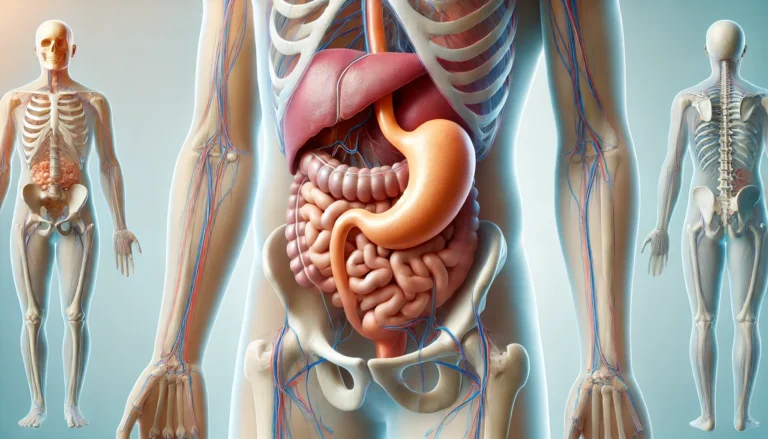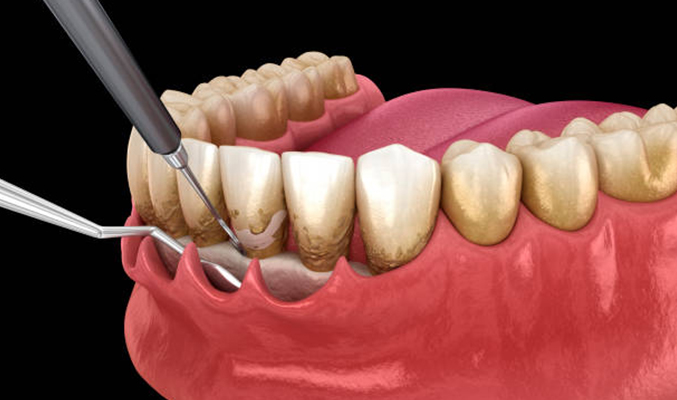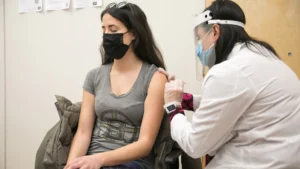Have you ever wondered what a Certified Nursing Assistant (CNA) does? CNAs are an important part of the healthcare team, helping nurses and doctors care for patients. But what can CNAs do, and why are they so vital? In this article, we’ll explore the tasks, responsibilities, and daily duties of CNAs. Whether you’re considering becoming a CNA or just curious about their role, this easy-to-read guide will give you all the details!
Who Are CNAs?
Certified Nursing Assistants (CNAs) are healthcare workers trained to help patients with daily tasks. These tasks can be as simple as helping someone get dressed or as important as making sure patients take their medicine. CNAs work in many places, including hospitals, nursing homes, and even in patients’ homes. They are the ones who spend the most time with patients, making sure they are comfortable and safe.
Where Do CNAs Work?
CNAs work in various healthcare settings, including:
- Hospitals: CNAs in hospitals help patients with activities like bathing, moving around, and feeding. They also take vital signs like blood pressure.
- Nursing Homes: CNAs in nursing homes help elderly patients with their daily needs, such as getting dressed, going to the bathroom, and eating.
- Assisted Living Facilities: CNAs assist people who can still live on their own but need some help with things like personal care or taking medicine.
- Home Health Care: Some CNAs visit patients in their homes, helping them with daily tasks and making sure they are safe.
No matter where they work, CNAs are always helping people in ways that make a big difference in their lives.
What Can CNAs Do?
CNAs do a lot of different tasks to support patients and nurses. Here are some common things CNAs can do:
1. Helping with Daily Living Activities
CNAs assist patients with everyday tasks like bathing, dressing, eating, and using the bathroom. These tasks are called Activities of Daily Living (ADLs). For many patients, these simple activities can be very difficult, and CNAs make sure they get the help they need.
2. Taking Vital Signs
One of the key duties of CNAs is to check patients’ vital signs. Vital signs include things like temperature, blood pressure, and heart rate. These measurements are important because they help doctors and nurses know if the patient is doing well or if something is wrong.
3. Helping with Mobility
Many patients have trouble moving around. CNAs help them get in and out of bed, walk, or move to a wheelchair. They also help prevent falls by making sure patients are safe when they move.
4. Monitoring Patients
CNAs spend a lot of time with patients, so they often notice when something isn’t right. They report any changes in the patient’s condition to the nurses or doctors. This is important because small changes can sometimes be a sign of something more serious.
5. Feeding Patients
Some patients need help eating because they are too weak or can’t feed themselves. CNAs are trained to help feed patients, ensuring they get the right nutrition.
6. Assisting with Medical Procedures
Although CNAs are not nurses, they often help during medical procedures. For example, they might assist by holding a patient’s hand during a procedure or helping to clean up afterward.
Why Are CNAs Important?
CNAs are a vital part of healthcare. They provide basic care that helps keep patients healthy and comfortable. Without CNAs, nurses and doctors would be overwhelmed with the number of tasks they need to do. CNAs allow healthcare teams to run smoothly by taking care of many important duties.
What Training Do CNAs Need?
To become a CNA, you need to complete a certified training program. These programs usually last a few weeks to a few months, depending on where you live. After completing the program, you must pass a state exam to get your certification. The training teaches CNAs how to:
- Take vital signs
- Care for patients safely
- Help patients with daily living activities
- Communicate with patients and healthcare staff
- Handle emergencies
Once certified, CNAs can work in a variety of healthcare settings and start gaining experience. Some CNAs even go on to become nurses or other healthcare professionals.
What Skills Make a Great CNA?
Being a CNA requires more than just training. Here are some important skills that great CNAs have:
1. Compassion
Patients often need emotional support, and a caring CNA can make a huge difference in a patient’s experience. Being kind and patient with others is essential in this job.
2. Attention to Detail
CNAs need to be very observant. Small changes in a patient’s condition can mean big problems, so CNAs must always pay close attention.
3. Physical Strength
Being a CNA can be physically demanding. You may need to lift patients, move heavy equipment, or be on your feet for long periods.
4. Communication
Good CNAs know how to talk with patients, families, nurses, and doctors. Clear communication helps ensure that everyone is on the same page about a patient’s care.
5. Problem Solving
Sometimes, things don’t go as planned. CNAs need to be quick thinkers and figure out solutions to problems that come up while caring for patients.
The Rewards and Challenges of Being a CNA
Rewards:
- Making a Difference: CNAs help people in their most vulnerable moments, which is incredibly rewarding. Knowing that your work has improved someone’s life is a great feeling.
- Building Relationships: CNAs spend a lot of time with patients, so they often build strong relationships with them and their families. This connection can make the job even more meaningful.
- Valuable Experience: For those interested in pursuing a career in healthcare, being a CNA is an excellent stepping stone. The experience gained as a CNA can open doors to more advanced healthcare roles.
Challenges:
- Physical Demands: Being on your feet for long hours, lifting patients, and performing repetitive tasks can be physically tiring.
- Emotional Strain: CNAs often care for patients who are very ill or dying. This can be emotionally challenging, especially when you form strong bonds with patients.
Conclusion: What Can CNAs Do and Why They Matter
Certified Nursing Assistants are essential to the healthcare system. They provide vital care to patients, making sure they are comfortable and safe. From helping with daily tasks to taking vital signs, CNAs do a lot to support nurses and doctors. If you are considering becoming a CNA, know that it’s a rewarding career that makes a real difference in people’s lives.
Whether in hospitals, nursing homes, or home care settings, CNAs play a big role in making sure patients get the best care possible. So, now you know what CNAs do and why their work is so important in the world of healthcare.













